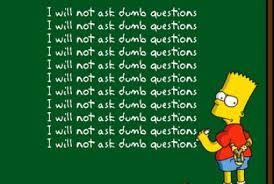Guide to Smart Questions
11 Sep 2024
Smart questions, more often than not, lead to smart answers. When thoughtfully articulated questions display informed understanding of the identified issue, a smart software engineer can help others help them. In order to receive an effective and efficient answer, a person in need of help must be able to ask a smart question.
According to Eric Steven Raymond, there are many factors that make a question smart. These factors include attempting to find an answer through research, using specific subject headers, use correct grammar, be informative about the problem, be precise and concise, and describe the problem in chronological order and not guessing the problem, and be courteous. Displaying an attempt to solve the problem will likely result in a more efficient answer as the helper sees the initiative and also does not try to find out the same information. The other factors help the readability of a question and contribute to a more informed answer.
An example of a ‘not smart’ question is the StackOverflow post that displays the question, “What is the difference between ‘git pull’ and ‘git fetch’?” This post displays the question in both the subject heading and the content of the post with no additional information. This question clearly shows a lack of research and no additional information. This question could have easily been solved with a google search or just a little more digging on the web.
An example of a ‘smart’ question is the StackOverflow post asking “Why is processing a sorted array faster than processing an unsorted array?” The post displays attached code of both C++ and Java methods of processing both sorted and unsorted arrays with runtime as evidence. This post is clearly informed with two provided runs, readable commentary, correct grammar, a chronological process of thought, precision and being concise, and clearly asking why the results happened in both instances.
Link to Eric Steven Raymond’s essay.
Link to the ‘not smart’ question.
Link to the ‘smart’ question.